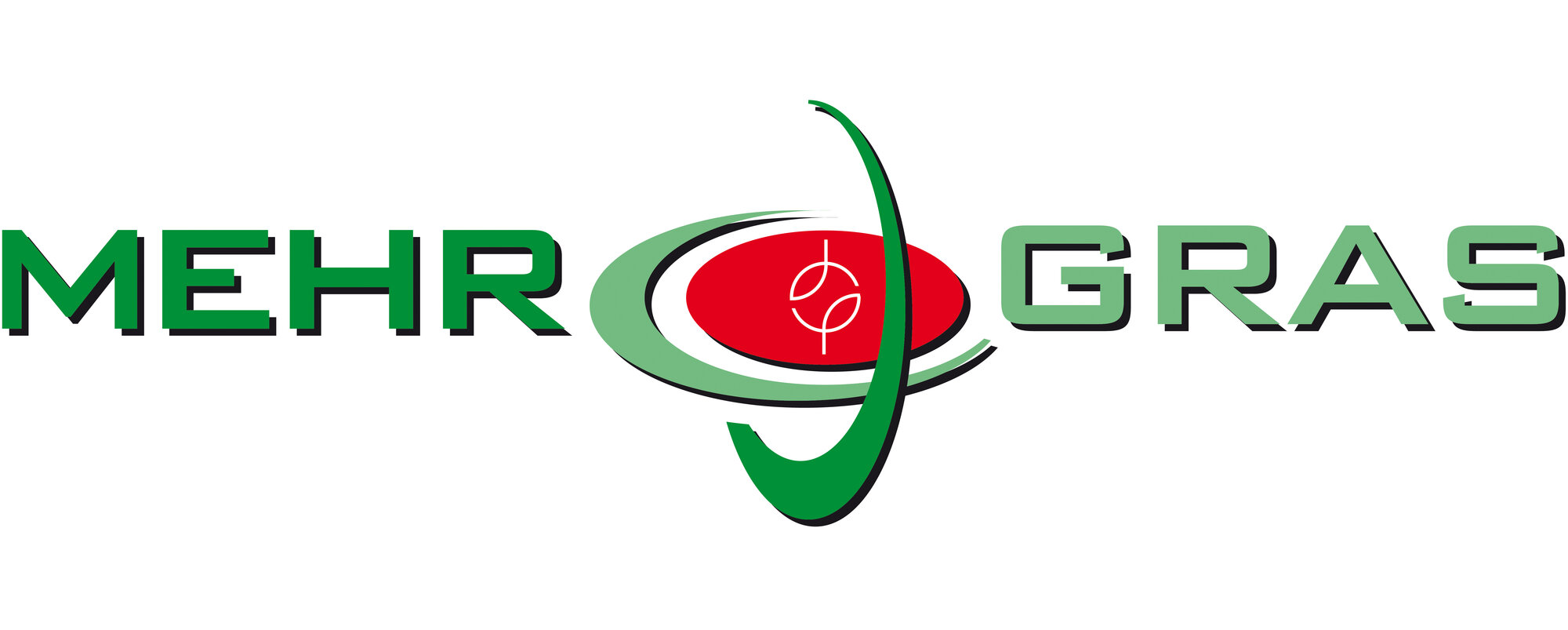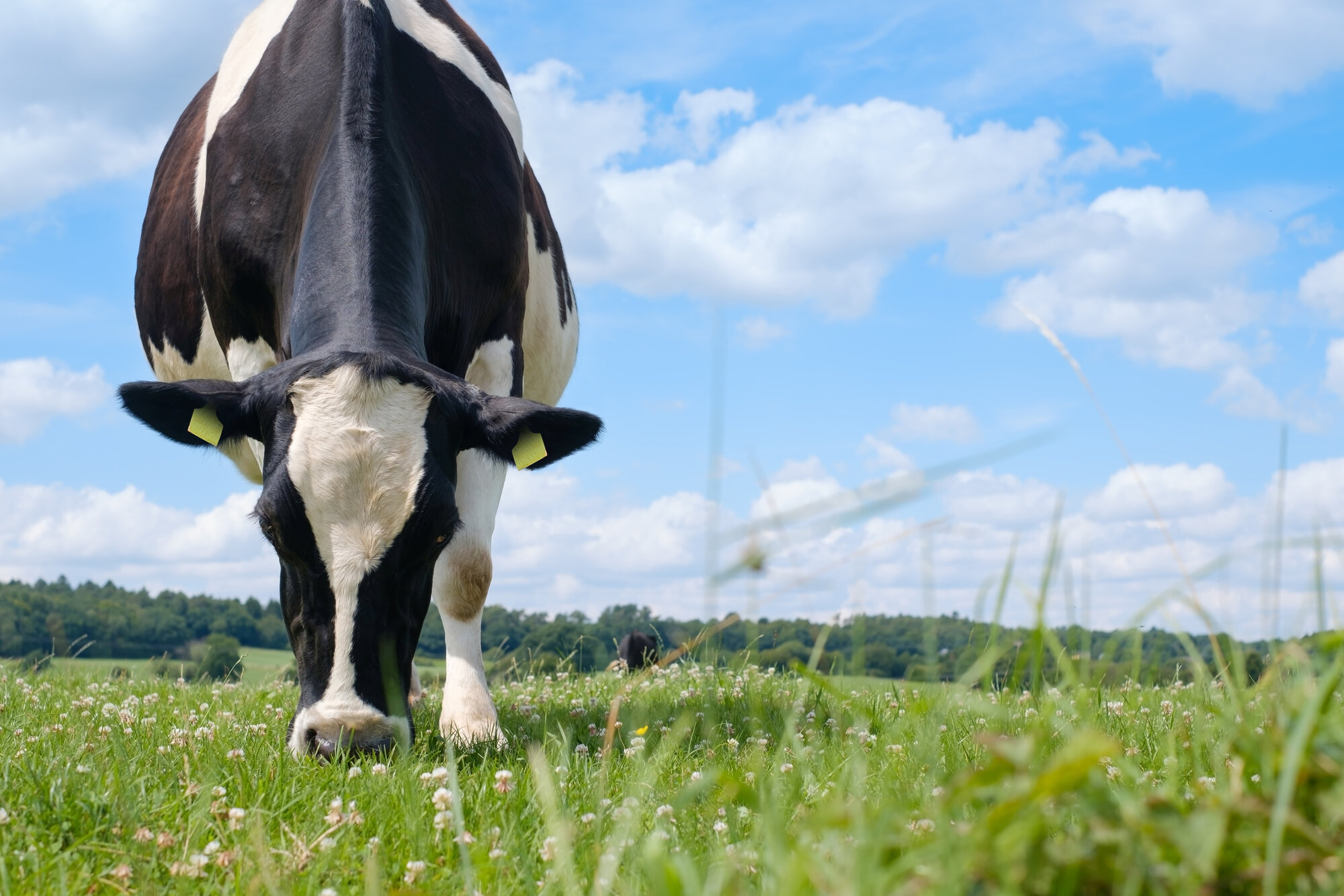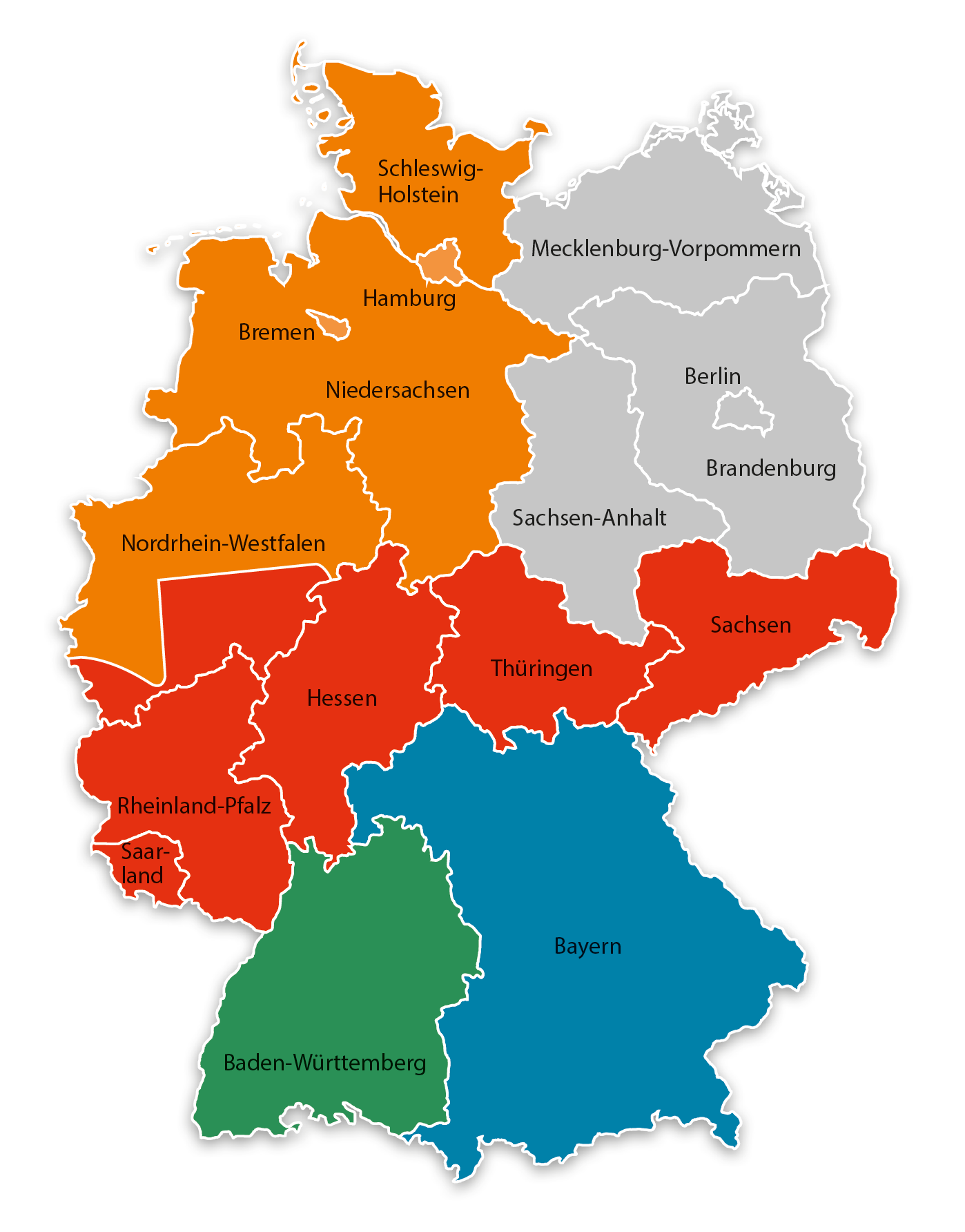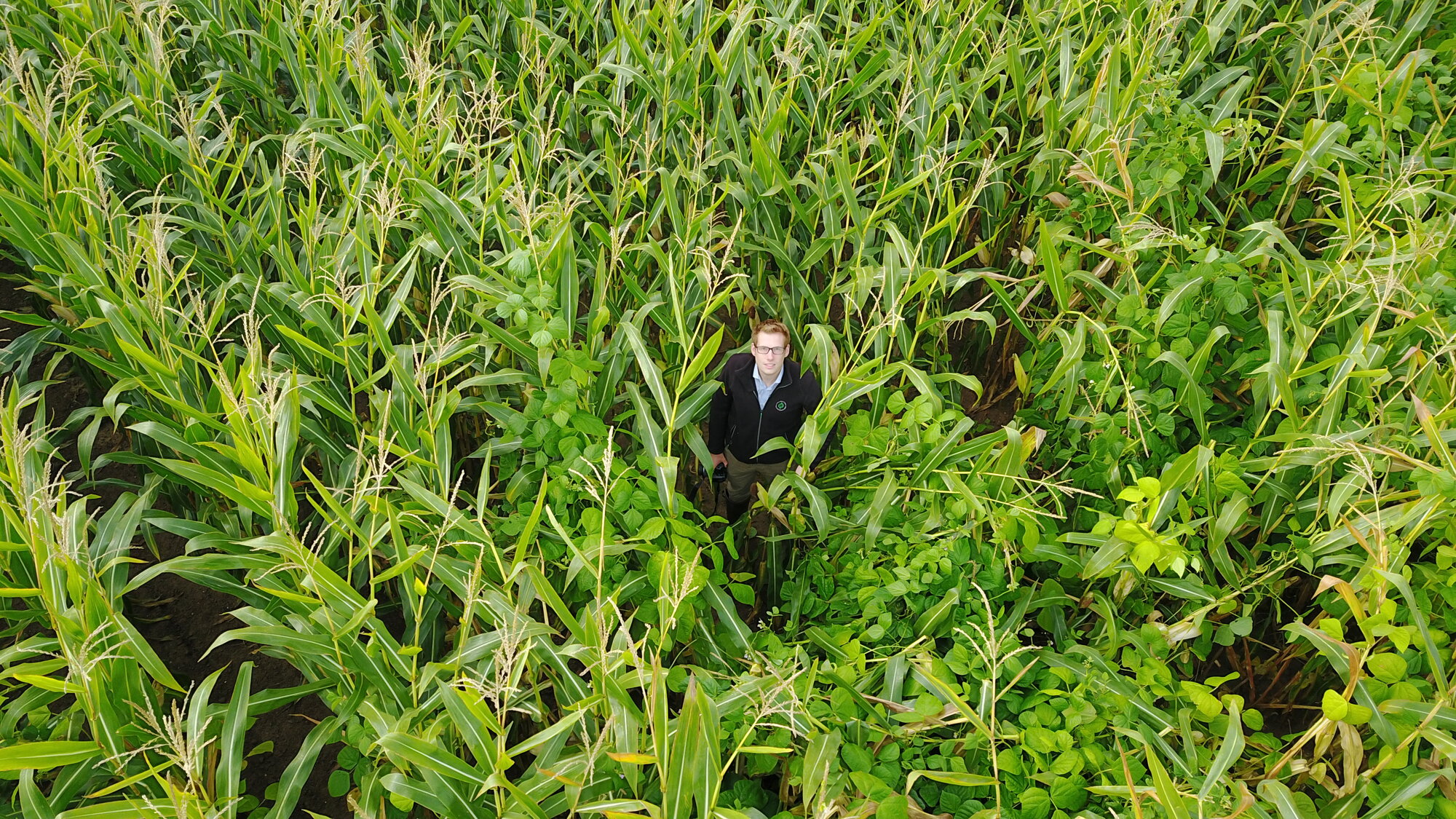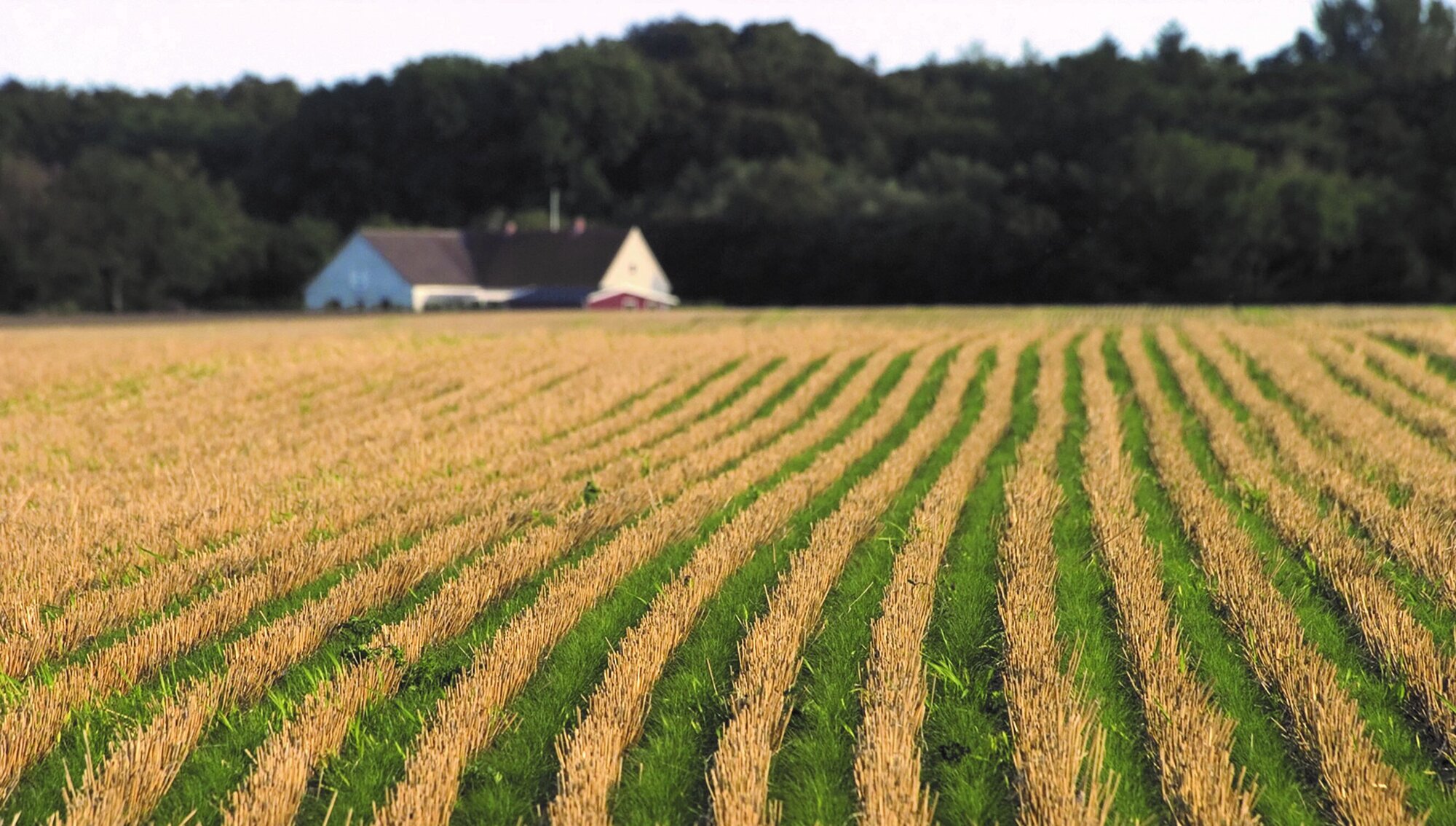The effect of poor grassland is felt in the barn and in the wallet
High-performance grasslands will grow in both favourable and unfavourable locations only if the sward contains quality grasses and clover species. This can only be achieved with high-performance grass and clover varieties that are adapted to regional conditions. Sub-quality sward can never meet the quality requirements of performance-oriented feeding of dairy cattle – and you will feel the ramifications in the barn and in your wallet.
Grasslands must be high-performance
In addition to a high yield for winter fodder production and grazing, the grassland must be perennial and form a dense sward. To this end, the species and varieties contained in the mixtures must be adapted to the special climatic conditions of the respective region, both for reseeding and for new planting. Germany is divided roughly into 5 advisory regions with special consideration to the geographical and climatic conditions.
Variety testing and recommendations
The varieties used in the quality seed mixtures are subject to numerous tests. The varieties are examined for their suitability for use in the respective areas, while the mixtures are checked by the Chamber of Agriculture. Here, samples are taken from the respective mixtures on the market and examined for species composition and germination capacity.
The perennial ryegrass varieties that are planted in the low mountain range regions are also checked for varietal identity. This ensures that only the recommended varieties are included in the mixtures. There are different approaches in examining seeds intended for the low mountain ranges and for the lowlands. The most important values that a recommended variety must at least possess are high resistance to disease, persistence, yield, fodder quality and steady yield security. Great importance is also attached to winter-hardiness of seeds intended for the low mountain ranges.
In the lowland areas, suitability for cultivation in locations with boggy soil is also tested. However, it must also be ascertained whether the recommended variety can withstand the specific features of the local climate.
- Advisory regions for regional recommendations
- NWL: Working group of the Northwest German Chambers of Agriculture; includes the states of Schleswig-Holstein, Hamburg, Bremen, Lower Saxony and the lowland regions of North Rhine-Westphalia. The special focus of this working group is testing perennial ryegrass varieties for their suitability for boggy soil. Mixtures containing the trademarked Coated Seed are delivered without the orange label of the Chambers of Agriculture. The composition of the mixture and the varieties contained correspond to NWL recommendations.
- RHT: Working group for grassland and fodder crops of the federal states in the low mountain ranges – Rhineland-Palatinate, Hesse, Thuringia (RHT) plus Saarland, Saxony and the uplands of North Rhine-Westphalia. Special criteria are sward density, persistence, winter-hardiness and the ability to regenerate. Read more about the “Red Label” here.
- SA, BB, MV: Working group of the Northeast German Chambers of Agriculture of the states of Saxony-Anhalt, Brandenburg and Mecklenburg-Western Pomerania. Particular criteria here include suitability for boggy soil and drought tolerance. (Use the mixtures from the NWLregion).
- Baden-Württemberg: LAZBW Agricultural Centre Baden-Württemberg. The Grassland and Fodder Crops department deals with the management of grasslands, fodder crops and the Value for Cultivation and Use (VCU) tests. The varieties and recommendations for mixtures for Baden Württemberg result from these tests. Particular attention is paid to checking the suitability these varieties have for cultivation at high altitudes and the persistence.
- Bavaria: Bavarian State Research Centre for Agriculture. The mixtures are based on the recommendations of the Bavarian State Research Centre for Agriculture with regard to their composition and the selection of varieties.

